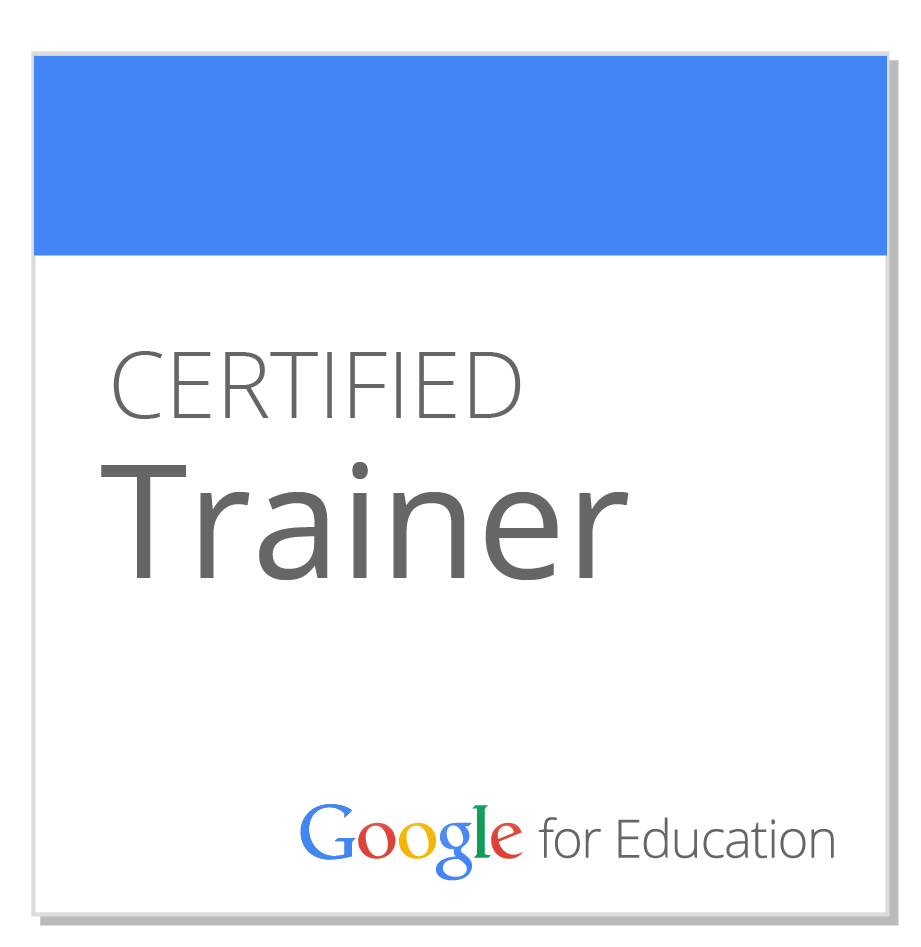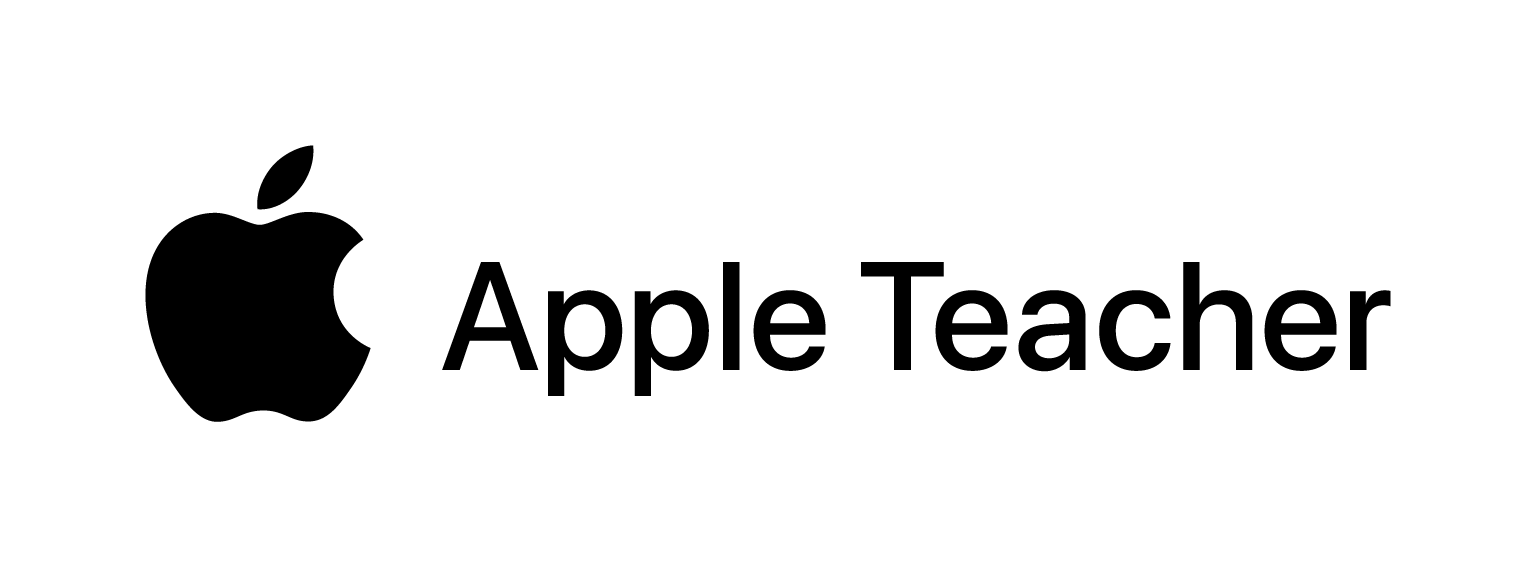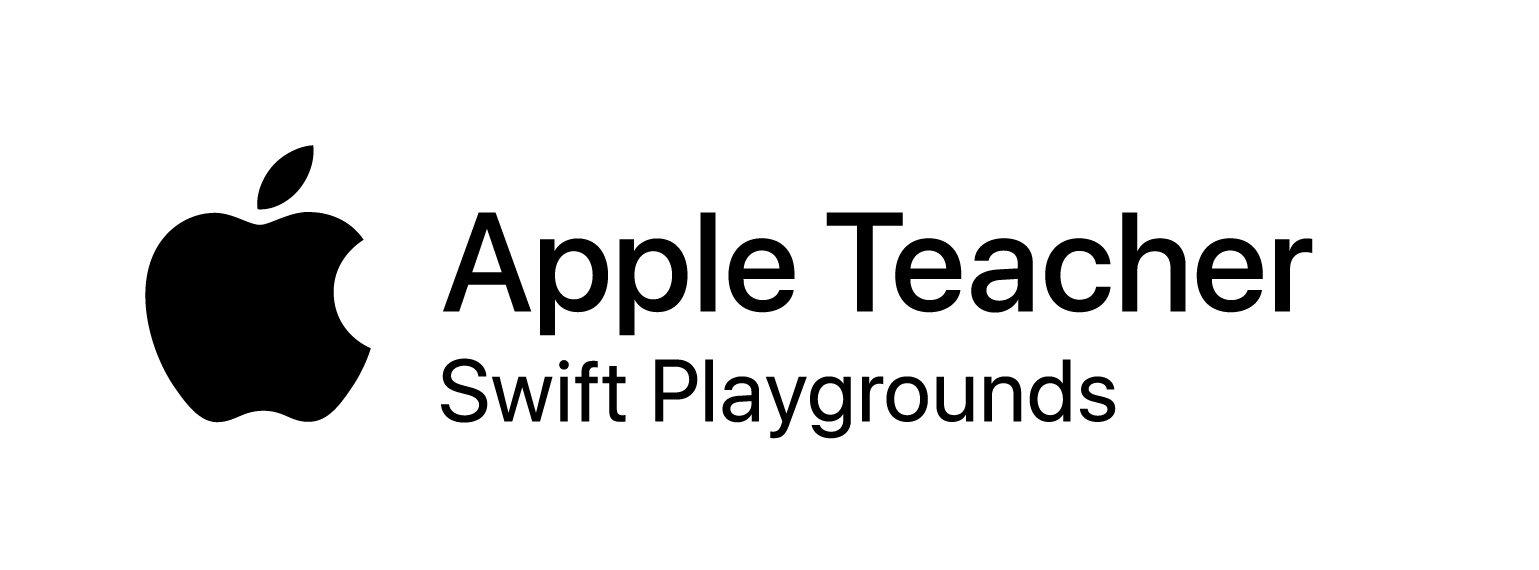But lately I've noticed something. Something that, if changed, might change everything as us Twitter-ers know it…
I’m not here to say that the folks with large following counts aren’t brilliant or worth holding in high regard - we know that is not true in most cases. But I am here to say, in the most sincere and respectful way that I possibly can, that we all need to listen to different voices and perspectives, regardless of their follower count. Behind every educator’s Twitter handle, there is a person with a valuable opinion and outlook on education.
So in my reflection of this, I got thinking… Can you imagine what would change on our PLNs if no one knew how many people were following you?
Ask yourself these questions...
If no one knew how many people were following you, what would change?
...Would your voice change?
...Would your contributions change?
...Would you tweet more? Less?
Could you begin to inspire others if no numbers were attached? Or could you continue to?
...Would people listen?
Could conversations be further enriched?
....Would more educators feel safer in making contributions?
Would there still be "rockstars"?
How would leaders emerge? Is that a natural process?
Would more people decide for themselves rather than going with trends?
Would our connections with one another change?
Just some food for thought. Some consideration. Some questions. If we didn't see quantitative follower/following information, I genuinely believe that the attitudes of the learning community might change.
It doesn't matter if you have ten followers or ten thousand, everyone has something to add to the conversation. Twitter is a tool that I use to share with, learn from, and offer help to other educators. What do you use it for?










 RSS Feed
RSS Feed
